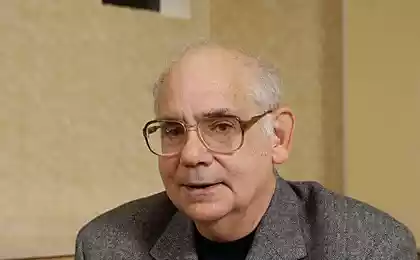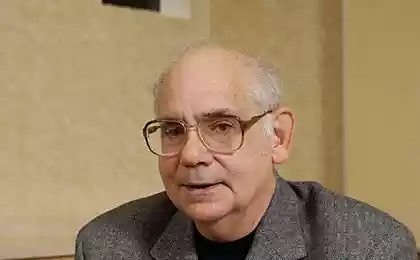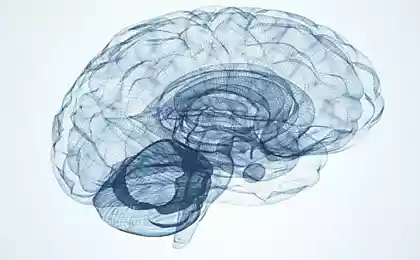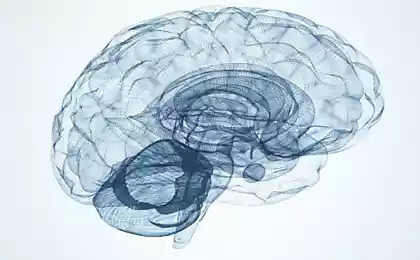951
Pygmalion effect: expectations come true!

Pygmalion effect - a phenomenon that is, that man, convinced faithfulness of any information involuntarily behaves in such a way that the information receives a confirmation.
Background
The mythological king of Cyprus, and, concurrently, the Greek sculptor Pygmalion, according to legend, created the statue of a girl of great beauty. And the more he admired their fundamentals matter of hands, the more it is in remarkable advantages. Pygmalion soon began to feel that none of the women of the earth is not able to compete with the statue he had carved. Calling his creation Galatea, Pygmalion spent day and night, admiring the beauty of ivory, admiring her naked charms, presenting her lavish gifts, whispering sweet words of love ...
On the feast of love Aphrodite sculptor turned to a passionate plea to revitalize his favorite, the goddess of love and responded to his request. Beside himself with joy, I rushed Pygmalion to his studio, where waiting for him the fairest of women. Lively, warm and loving - Galatea turned out exactly the way it wanted to see the one who invented it. Pygmalion got what he wanted - his faith and a desire to help the dream become a reality. This psychological phenomenon is justified by expectations that underlies the Pygmalion effect.
Pygmalion effect (or Pygmalion effect) - is a psychological phenomenon, which is that the expectations of the person implementing the prophecy largely determine the nature of his actions and interpretation of the reactions of others, and that provokes self-fulfillment prophecy.
Or, to put it simply, when we firmly believe in the reliability of any information, we often act in such a way that this is the real confirmation of the information received. Convincing proof of this is the famous experiment conducted in 1968 by American psychologist Robert Rosenthal and Lenore Jacobson.
Children of Rosenthal
Researchers Rosenthal and Jacobson in the beginning of the school year were in one of the schools of San Francisco in order to determine the level of intelligence of students. As a result, in each of their classes were selected several students who, according to psychologists, were endowed with extraordinary mental abilities. "Even if these children is not declared themselves - soon their intellectual potential will certainly be revealed! Wait! "- Assured the order surprised teachers Rosenthal and Jacobson. Educators was cause for surprise - the fact that students, researchers predicted that in the intellectual luminaries is not demonstrated a strong preference for mental activity. Well, that is among the laggards, they did not appear, but the "stars of heaven" is also lacking. "Well, the researchers probably know better" - judged teacher and waited for promising students from the promised results.
Meanwhile, students with supposedly high IQ psychologists have chosen by pure chance, "from the light"! Most interesting is that when the end of the school year, Rosenthal and Jacobson again complained to the familiar school with the aim to measure the IQ of students, they found that the same children who were declared of special abilities, and really showed a high level of IQ!
That is, the experiment convincingly proved that we get what we believe in. For example, school teachers, who believed in the high intellectual potential of individual pupils, voluntarily or involuntarily transferred their expectations that the disciples, who in turn met the expectations of teachers believed in them and achieved significant results. In short, what you want - what you get.
This is especially true for children from disadvantaged families, from which often no one no good waiting. Not surprisingly, the worst expectations of others in such cases are justified. On the other hand, often, is sometimes advance praise this child, to believe in him as inspired by this belief, "he straightens his shoulders" and is transformed before our eyes.
However, it is certainly not just about children. Leaders of linking their positive expectations with certain employees, optimistically minded doctor, convinced that his patient was successfully cured of the disease - also somehow create a special microclimate in which the self-esteem and self-confidence from the slave or the patient grows, and his successes - are multiplying.























